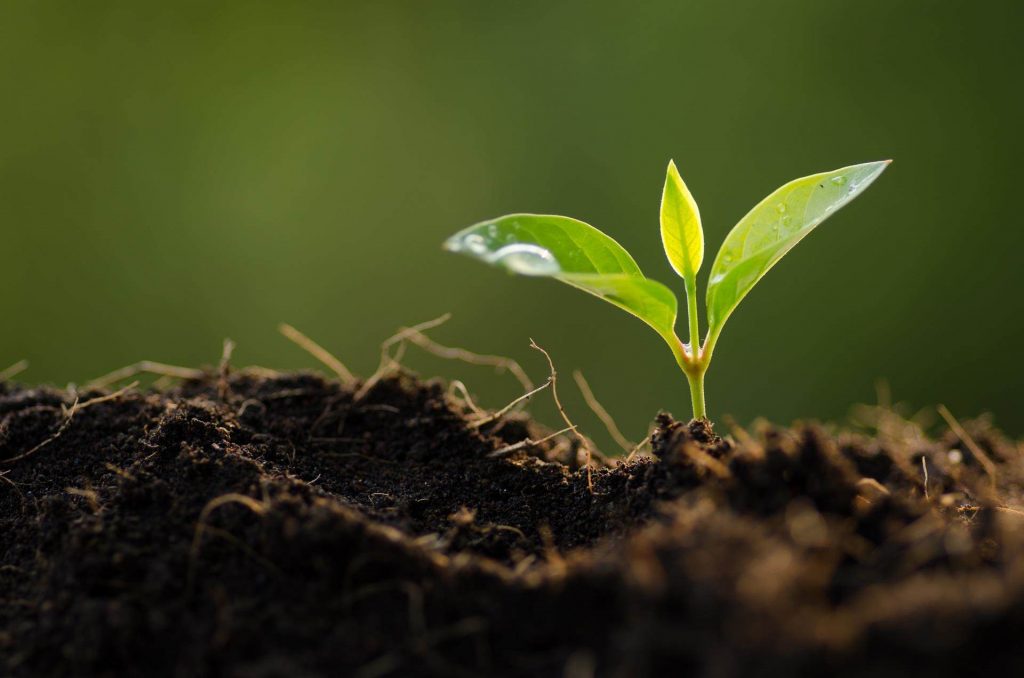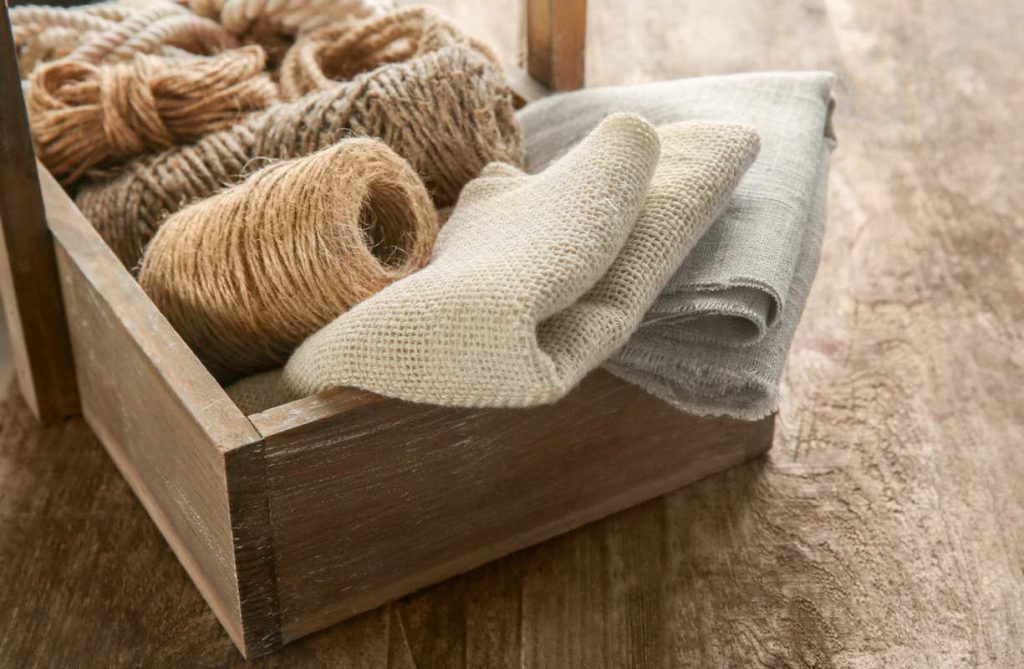Hemp’s fiber molecule has a shaft-like structure that allows it to wick moisture right off the body, dry quickly, and, in cold conditions, even feel warm when wet.
Hemp fabric is very resistant to degradation from mold, bacteria, salt water, sunlight, abrasion, and chemicals, while being fully biodegradable (unlike synthetic fibers). Products made from hemp are much less prone to develop odor problems.
Hemp provides unparalleled protection from UV radiation.
Hemp textiles have rich and supple texture and tremendous strength and durability.
Hemp is an excellent ecological alternative to environmentally destructive conventional cotton cultivation and synthetics.
Plant fibers breathe much better than leather and synthetics – and hemp breathes better than all other plant fibers.
Hemp fiber is also more environmentally sound than synthetics, because plant fibers are totally biodegradable and have been produced from a natural origin without the pollution resulting from the manufacture of synthetics.
Hemp also has greater ecological benefits than other plant fibers since it is the most environmentally positive of all agricultural crops. It requires no chemicals in its production and actually improves the soil.
Uk hemp attempts to inform the public on all aspects of I hemp, especially those with which you may not be familiar. One of the most important applications of the hemp plant is in the realm of environmental protection, such as its ability to leach radioactivity from the soil, prevent erosion and mudslides, and grow with little or no pesticides. Hemp plants are hardy, adapting to and thriving in almost any climate on the planet. Unlike most crops, rather than depleting the earth, hemp actually helps to prepare the soil for the following year’s harvest (crop rotation). Hemp building materials and plastic products are environmentally-friendly and for the most part recyclable, and are also known to be mould-resistant.
Hemp can, for the most part, reduce the need for many other mass-produced modern raw materials. The fuel industry and other petrochemical products create large amounts of toxins and waste. Compared to common resources (such as cotton), the hemp industry not only results in eco-friendly fibres, fuels, cosmetics, medicines, and so on, it also protects the earth and makes the land more viable for other crops. The cotton manufacturing process is responsible for the utilisation of over 20% of the world’s chemical pesticides and processing chemicals; hemp can be grown and processed with minimal or no chemical use. There are very few by-products from hemp processing, and the small amounts of vegetable matter that are not used are easy to either re-use or dispose of.
With regards to the eco industry, it appears that even modern approaches in environmental protection sometimes accidentally lead to the over-consumption of resources, often non-renewable. Hemp plants help to produce oxygen, prevent deforestation and process greenhouse gases while offering materials for food, fuel, cosmetics, plastic, building materials, medicine, textiles and more. Many large companies producing the aforementioned goods are now considering, or have already implemented, the switch to hemp due to the current worldwide concern towards global warming, climate change and CO2 emissions.
“World over, cotton is the most prominent natural fibre and India too, is cotton-ified so to say. While the cash crop earns thousands of farmers a considerable income, hemp is a viable alternative to it. Take for example the growth period required by both crops. Cotton takes close to 9 months to grow completely. Hemp grows 12 feet in 90-120 days. The time period itself is quite advantageous to the farmers. But hemp is equally beneficial to the soil,
For instance, unlike cotton, hemp requires less water and no pesticides to grow. In fact, hemp is studied to be a great weed suppressor and can be grown on the same land for several cycles. Although the rotation of crop is advisable as it doesn’t deprive the soil of its nutrients like many cash crops that require fertilizers to grow do.Hemp is best grown in hilly terrain with a cool climate



